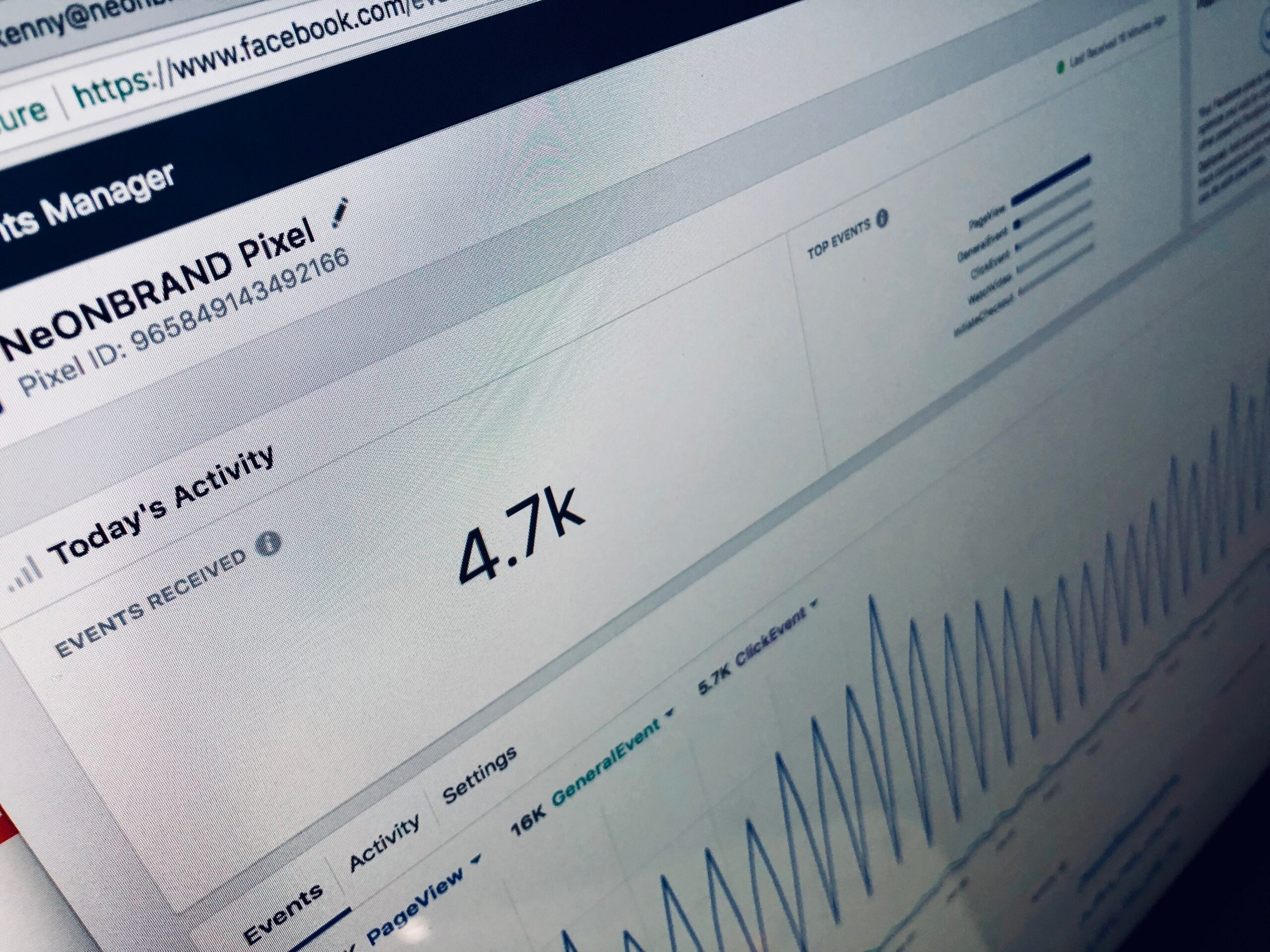The goal of any business is to acquire as many customers as possible, and an integral part of acquisition is lead management, the multi-step process by which brands convert prospects into paying customers. However, the lead conversion rate is generally low, averaging about 3% across all industries. Understandably, most companies are dissatisfied with this conversion rate, leading many to focus their efforts on better lead nurturing. While this approach will yield good results, the output will be even better if companies focus their efforts on leads with the highest conversion potential. This is where lead scoring comes in, a previously manual process that is now made simpler and more efficient with the advent of artificial intelligence.
WHAT IS LEAD SCORING?
Lead scoring is an important strategy used by sales and marketing teams to categorize prospects based on the likelihood of those leads moving through the sales funnel and making purchases. It is a crucial step in the lead management process for evaluating the potential value of leads to the company. Then the high-value leads, defined as those most interested in buying a product or service, are handed over to the sales department to close the deal, while the marketing teams may nurture lower-value leads.
While it's up to each company to define the scoring process, leads are generally prioritized using a combination of demographic and behavioral data. Demographics useful for lead scoring by B2C brands include the prospect's average income and geographic location, while their B2B counterparts can rely on the lead's company size, revenue, and job title. Of even greater value to the scoring process is behavioral data, as it provides more insight into the level of interest prospects have in certain products and services. Therefore, information such as social media interactions, website activity and email engagement are taken into account here.
After a thorough analysis of the behavioral and demographic parameters, companies generate a composite score for each prospect. Then leads are stratified into qualified hot, warm, or cold leads and treated according to the category they fall into.
WHAT IS THE IMPORTANCE OF LEAD SCORING?
Since most businesses rely on lead generation to acquire new customers, lead scoring is a critical step in discerning which prospects are most interested in your brand's offerings. Companies that skip or rush the scoring process miss out on the following benefits:
IMPROVED CONVERSION RATE
Advance lead scoring helps marketing and sales teams fulfill their respective roles and increase conversion rates. Sales teams will focus their efforts on valuable leads, while marketing staff will engage other prospects to increase their interest with optimized marketing campaigns. Such joint efforts by both teams increased overall productivity and improved the chances of converting more prospects into customers.
STRONGER 1TP1458WORK BETWEEN TEAMS
Another advantage of efficient lead scoring is that it improves the working relationship between sales and marketing departments. This is because the scoring process enables better lead qualification, ensuring that sales only receive leads with a strong interest in buying products and increase their productivity by 15%. Marketing teams can also work better because the scoring process provides insights useful in developing a nurturing marketing strategy. When both teams perform optimally, interdepartmental cooperation improves significantly.
MORE INCOME
Lead scores help businesses close more sales, leading to more revenue. By focusing sales efforts on hot leads, companies can be more confident selling more products and services. According to MarketingSherpa, an efficient scoring process increased sales by 77%. A report from Gleanster Research also shows that companies that score leads generate 43% more sales per salesperson.
HOW CAN AI IMPROVE YOUR LEAD SCORING PROCESS?
Many of the methods used for lead scoring before the introduction of AI were manual, meaning they were error-prone and often time-consuming. However, the introduction of artificial intelligence has added a level of accuracy and efficiency to the scoring process, allowing businesses to reap many benefits.
Here are four ways AI makes it easier to score leads:
CREATION OF DETAILED PROFILES
The main feature that makes AI superior to alternative lead scoring methods is the enhanced data analysis powered by the various robust algorithms. This gives AI the ability to extract and analyze large datasets from multiple sources, becoming especially useful when creating detailed profiles of leads. Using techniques such as natural language processing and machine learning, AI can identify patterns of lead behavior that are invisible to the human eye.
For example, analyzing social media activity can reveal the best platforms to attract leads. Likewise, analyzing website activity, such as page views or time spent on web pages, can reveal the most exciting products and services that the leads are finding. Therefore, AI gives companies better insight into the leads they are targeting, making it easier to plan effective acquisition strategies.
PREDICTIVE SCORING
After building comprehensive profiles of the leads coming into your CRMdatabase have been captured, AI can go one step further to identify patterns in lead behavior that are highly suggestive of conversion. This is possible through predictive analytics, which combines statistical models and machine learning algorithms to analyze historical data from multiple sources and identify patterns that indicate conversion.
AI will build a predictive model that scores leads based on their likelihood to convert, and as this model is trained over time with new data, its reliability will increase. Consequently, these benefits make lead scoring more effective and enable sales and marketing to plan their activities more efficiently. They can prioritize leads with high predictive scores and continue promoting the brand to those with low scores.
PERSONALIZATION
Companies with a robust lead scoring process will retain more customers if used effectively. As mentioned earlier, AI helps build more complete profiles of leads, providing insights into their behavior and preferences. Sales and marketing teams can use these insights for personalization purposes. For example, these profiles can be used to make personalized product recommendations and design custom marketing content to better connect with the leads. This not only increases the chance of converting leads, but also improves long-term relationships and increases customer loyalty.
REAL TIME SCORING
Businesses need to adapt to changes happening in real time, and AI makes this possible in lead scoring. AI-powered lead scoring models can update scores in real time in response to changes in lead behavior or preferences. For example, a lead that was previously classified as cold may start spending more time on one or two product pages, indicating increasing interest. AI can detect this increase in activity, update the scores and direct the right staff to take action.
Similarly, machine learning and natural language processing can identify negative changes, such as negative social media comments, and update their scores accordingly. Consequently, marketers can track the lead immediately to feed with triggered and targeted emails and bring the company closer to making sales.
In conclusion, lead scoring is a crucial aspect of customer acquisition and deserves close attention. Artificial intelligence can power lead scoring systems and instantly improve their accuracy and reliability. As a result, sales and marketing teams can optimize their strategies, provide leads with richer experiences, and generate more revenue for their brands.













